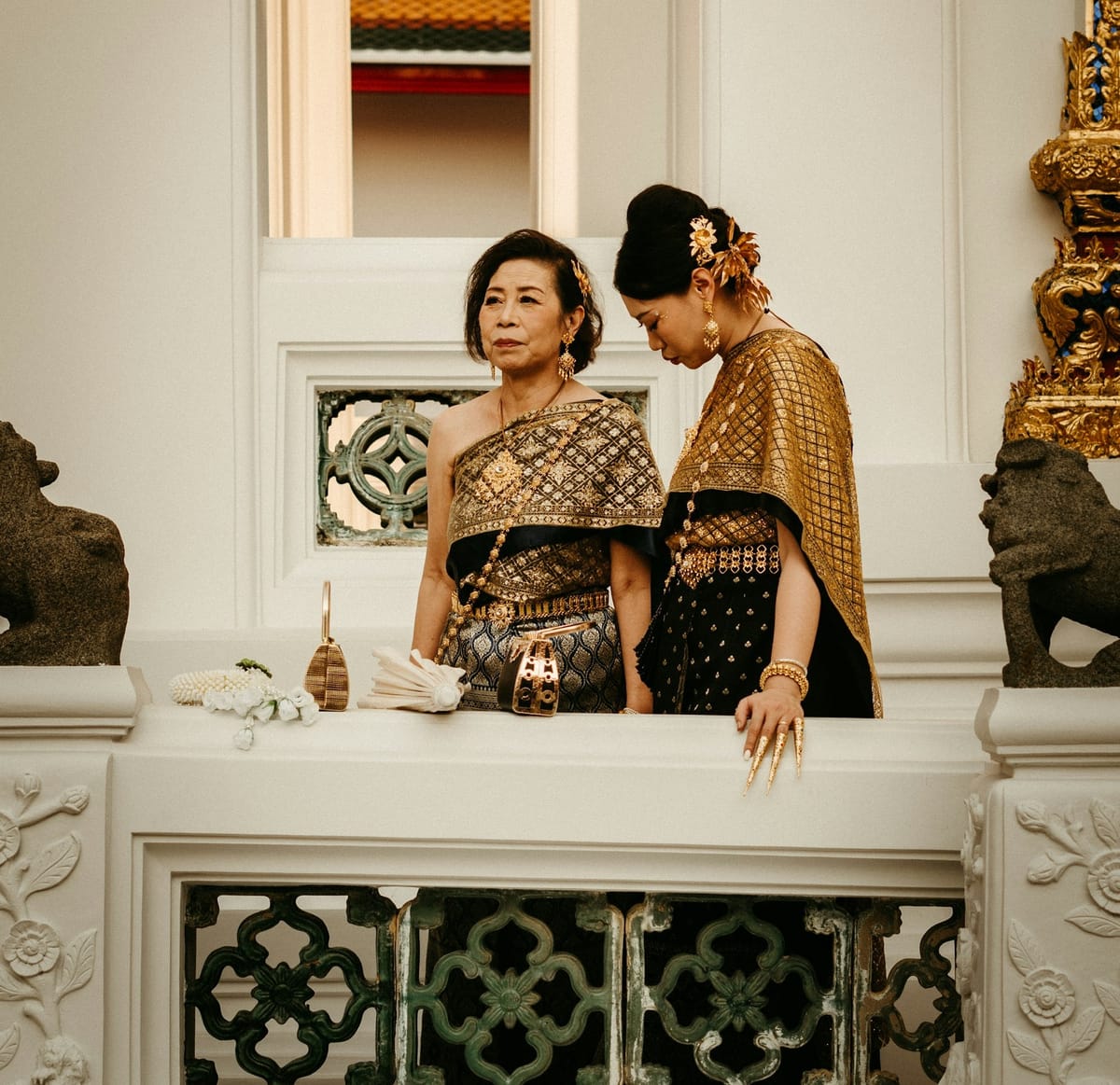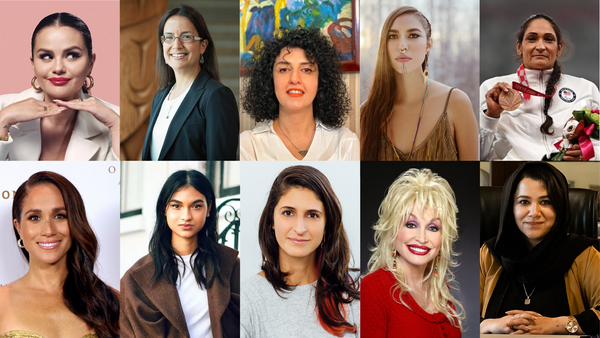Global Perspective: Women and Power in Different Cultures

Leadership, Liberation, and Legacy Across Borders
Power wears many faces—and in the case of women, it also wears many cultures. Around the world, the concept of female leadership is evolving at different speeds and with distinct expressions. From the boardrooms of Nigeria to the parliaments of Scandinavia, and the ancestral councils of the Pacific Islands to Silicon Valley, the story of women and power is not linear—it is layered, rooted, and rising.
Power in the West: Breaking Structures, Not Just Ceilings
In the Global North, where representation statistics often dominate the conversation, women are now leading some of the world’s most powerful economies and companies. Yet, their presence is still policed by expectations—too assertive, too soft, too ambitious, not enough.
In the U.S., the rise of women of color in politics—from Vice President Kamala Harris to grassroots changemakers like Stacey Abrams—signals a reshaping of traditional power archetypes. In Europe, leaders like Finland’s Sanna Marin are redefining diplomacy through empathy and relatability, while continuing to face intense scrutiny for their age, gender, and visibility.
Africa & the Middle East: Power as Community Legacy
In many African nations, power is viewed through a communal and intergenerational lens. Leaders like Ellen Johnson Sirleaf (Liberia) and Ngozi Okonjo-Iweala (Nigeria) demonstrate that in African leadership, women rise not only as individuals but as stewards of legacy and responsibility.
In the Middle East, a new wave of women is entering public and private power spaces despite deep-rooted cultural and institutional barriers. Countries like the UAE are seeing a significant rise in women in finance, tech, and government—driven by both reform and resistance.
“In many cultures, women have always led. The world is just now catching up.” — African proverb, reimagined
Asia & the Pacific: Tradition Meets Modern Momentum
In East Asia, where cultural values like humility and harmony have historically shaped gender roles, modern power is being redefined. In South Korea, K-pop and media influence have elevated women like BLACKPINK’s Lisa and IU—not just as artists, but as global economic influencers.
Meanwhile, in the Pacific Islands, where women have long held cultural power as landowners and spiritual leaders, the challenge is to translate traditional influence into institutional leadership—especially in climate diplomacy.
The Future of Power Is Polyphonic
Leadership is no longer a singular model exported from the West. It’s being localized, reinterpreted, and reclaimed in vibrant ways across cultures. The most powerful women in the world don’t all wear suits or sit on boards. Some raise movements. Some raise generations. Some raise their voices in song, protest, or code.
In this global moment, power belongs to the woman who redefines it on her own terms—rooted in her culture, values, and vision.
Key Insight: Power isn’t one thing. It’s everything a woman dares to embody.




